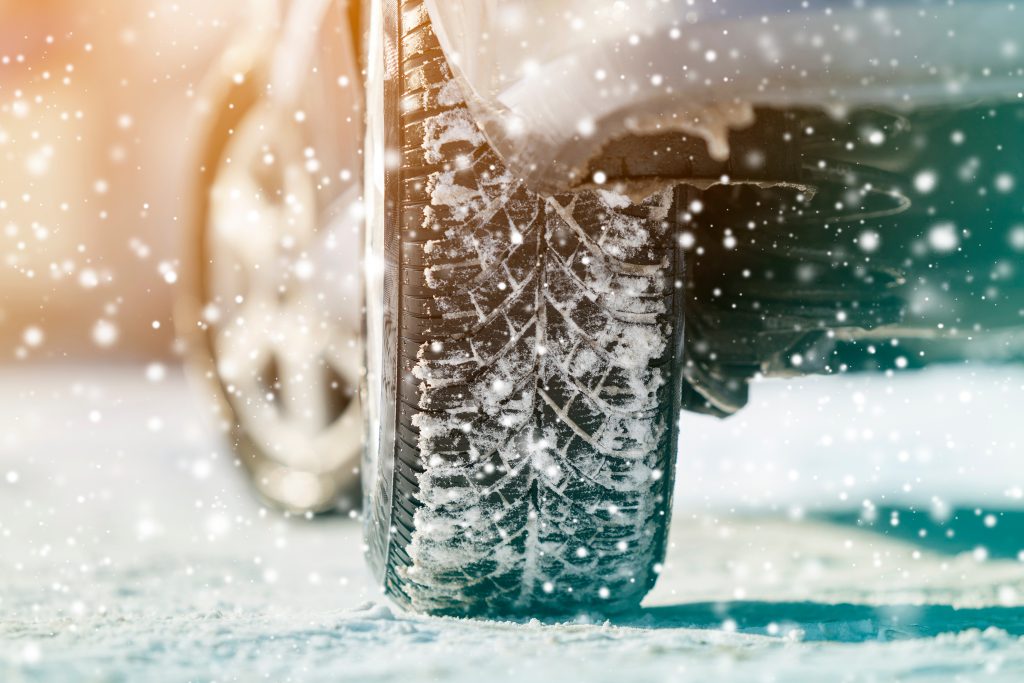With the cold dark days fast approaching its important that we give consideration to preparing ourselves for the transition into winter in order to keep ourselves as healthy and safe as possible. Not only is winter considered cold and flu season, but the long nights and short cold days can also leave us with feelings of melancholy along with an increased likelihood of accidents.
Winter can be harsh, the effects of the cold can affect the ability to concentrate and increase risk of injury, reduced work rate and quality as well as increase the potential for damage to plant and equipment. Manual dexterity, fingertip sensitivity and muscle strength is decreased as a result of the body’s response to even moderately cold temperatures.
It is important for our minds and our bodies during the winter months to be prepared and practice good habits. Completely eliminating or isolating cold hazards can be difficult, however giving consideration to the following controls can help to protect ourselves from the elements.
Take Care of Your Body
Nutrition is essential to maintaining body heat and preventing dehydration. Your body works harder to keep warm in the winter and exerts more energy. Ensure you are fueling your body with a well-balanced diet. Consider taking a vitamin to boost your immune system. Vitamin D is a good weapon against seasonal colds and flus. Winter often brings reduced sunlight hours so if you can’t get out into the sun consider taking a vitamin D supplement.
A good sleep routine can improve your mood, help you stay alert and boost memory. Sleep affects almost every tissue on our bodies. It affects growth and stress hormones, immunes system, appetite, breathing, blood pressure and cardiovascular health. Sleep is the most powerful recovery tool known to science. Sleep is vital for good health & wellbeing so creating a healthy sleep routine will be beneficial in keeping good physical and mental health.
Keep your fitness routine intact over the winter months. Wear extra layers and have a good warm up to prevent your muscles from becoming strained or injured. Regular exercise helps you to stay fit during winter and regulates mood which can be altered with the season.
Do some preparation, check weather forecasts before planning outside jobs so that work can be completed on the best possibly day to protect from the elements and remove the risk of harm. Know how to recognise the symptoms of cold exposure as well as the emergency procedures in case of injury.
Protect Yourself
Make sure the gear you wear keeps you safe against all hazards including adverse weather. Layering polypropylene, polyester or merino clothing as the air between the layers provides good insulation. Protecting exposed body parts – head, hands and feet is important. Gloves should be well fitted and unrestricted so that manual handling is not affected. Tight fitted beanies under hard hats/helmets to prevent heat loss. Non slip foot wear that is well padded, insulated and made from breathable materials. If your gear gets wet remember to dry it out to protect yourself from frostbite or hypothermia.
Drive Safe
Cold weather can be just as harsh on vehicles as it is on your body so it is important to check that they are fully operational and safe for use. When is cold outside allow the engine to run and warm up, fully defrosting/ de-icing the vehicles windows before use. Check the weather forecast and plan the journey. Be prepared for delays ensuring you have a flashlight, warm blankets, bottled water and emergency rations in your vehicle. Always drive to the conditions, allow greater following distances on frosty and wet days. Take care in shaded areas and bridges, frost is more severe at daybreak and be prepared for black ice to be present
Keeping ourselves physically and mentally healthy can be more challenging in winter. It’s that time of year when most of us are starting to run out of puff, but by being aware and planning for the tolls associated with the winter season, we can prepare, stay safe, healthy and thrive.

